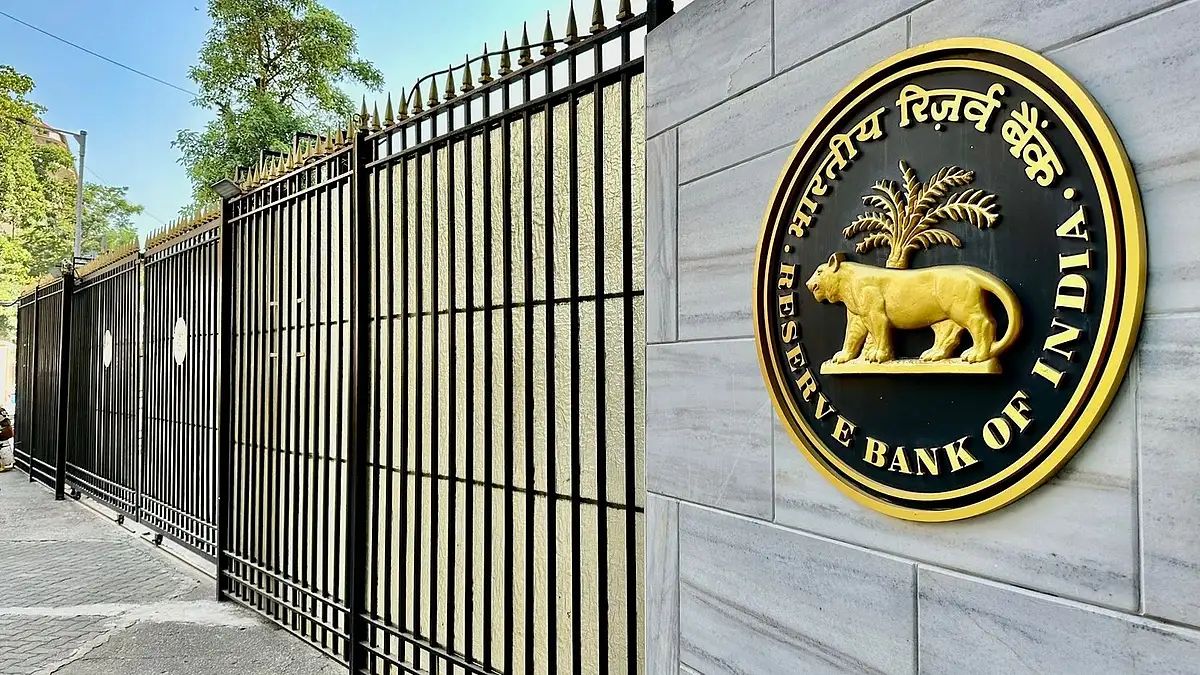 Image Source: NDTV Profit
Image Source: NDTV Profit
Fresh Momentum for Currency Internationalisation and Trade Settlement
The Reserve Bank of India (RBI) has rolled out a pivotal move set to alter the landscape for global trade settlements and Indian sovereign debt markets. Effective immediately, foreign investors and entities holding special rupee vostro accounts (SRVAs) can now invest the entire surplus balance in central government securities, including treasury bills. This action is part of a broader push by the RBI to internationalise the rupee and attract surplus trade settlement funds into India’s government bond market.
Key Highlights of the New RBI Norms
Foreign entities maintaining SRVAs can route surplus rupee balances directly into central government securities, bypassing the registration requirements typical for foreign portfolio investors.
The change is operative at once, as communicated to all authorized dealer (AD) Category-I banks. These institutions are tasked to inform their clients and swiftly update operational protocols.
The overhaul follows the previous system, which limited investment to 30% of the vostro surplus and only for securities with residual maturity under a year. That cap has now been eliminated, invigorating potential foreign participation in sovereign bonds.
Understanding Vostro Accounts and the SRVA Mechanism
SRVAs—Special Rupee Vostro Accounts—are rupee-denominated accounts held by foreign banks with Indian banks, primarily to facilitate cross-border trade settlement in Indian currency. Established in 2022, initially to promote rupee trade with select nations, these accounts channel trade receipts and payments between partner countries, reducing direct dependence on hard currencies like the US dollar or euro. The RBI has already approved 123 correspondent banks from 30 countries to open 156 SRVAs with 26 Indian banks, creating a vast network for bilateral local-currency trade settlement.
Investment Avenue Expansion: What It Means
Surplus funds lingering in vostro accounts can now earn interest and support India’s fiscal operations by being invested in government securities and treasury bills.
There is no longer a ceiling or restriction regarding the proportion or the tenure of government securities purchased, offering maximum flexibility to account holders.
The need for a Foreign Portfolio Investor (FPI) registration no longer applies to investments routed from SRVAs, markedly lowering the entry barrier for eligible foreign entities.
Operational and Regulatory Perspective
AD Category-I banks must ensure partner banks using the SRVA framework comply with global anti-money laundering standards and are not from high-risk jurisdictions listed by the Financial Action Task Force.
The Master Direction encompassing these operational rules has been updated and reissued as part of the immediate implementation.
Strategic Impact: Boost for Rupee and Bond Markets
The move is designed to attract additional capital into domestic government securities, potentially invigorating foreign inflows and clearing out idle rupee balances.
It cements India’s policy intent to internationalise the rupee, encouraging its use in cross-border trade.
Indian exporters and importers benefit from reduced currency risk and smoother trade settlements.
This could deepen liquidity in the government bond market and partly offset the volatility from shifting global capital flows.
Recent Context and Policy Evolution
The new direction aligns with the government’s larger campaign to encourage rupee-based trade settlements and reduce reliance on global reserve currencies in bilateral commerce. It arrives after recent simplifications in the process of opening SRVAs and continued advocacy from central bank leadership for popularising the rupee in international trade.
Conclusion
With this move, RBI not only channels idle foreign trade funds into productive assets but also showcases confidence in its bond market and currency stability. Stakeholders across foreign banking, treasury, trade, and investment communities will watch closely as this strategic shift unfolds, shaping new avenues for Indo-global financial integration.
Sources: Financial Express, Business Standard, NDTV Profit
Advertisement
Advertisement




